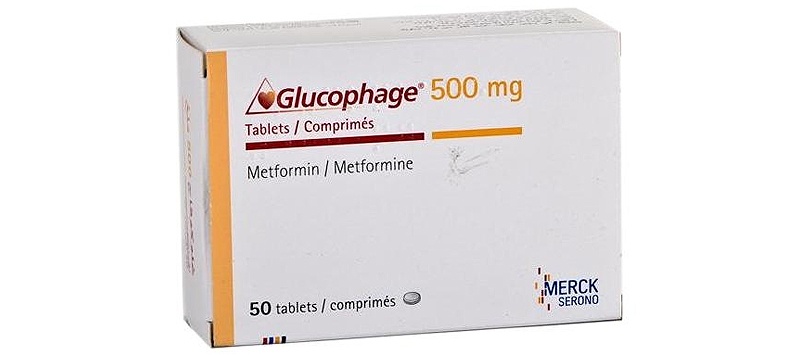KUWAIT: Endocrinologist, diabetologist and head of Kuwait Diabetes Society Dr Waleed Al-Dhahi refuted recent warnings against using the diabetes drug metformin, denying that it is carcinogenic. Metformin is a standard medication during early stages of type 2 diabetes. It helps control high blood sugar and is marketed under a number of brand names, including Glucophage.
Dhahi said such reports will make diabetics around the world become skeptical about using metformin, which has been known as a safe medicine since the mid-1950s. He added the real issue is related to N-nitrosodimethylamine (NDMA), a known carcinogen in lab animals. "This substance is found in minimal safe amounts in many products including generic drugs. Many generic drugs for blood pressure and gastric acidity have been withdrawn for this reason, leaving only original branded drugs in use in Kuwait and the world,” he explained.
Dhahi pointed out that the US Food and Drug Administration and other healthcare regulators in Europe, Singapore and Poland are closely watching the percentage of this substance in generic metformin drugs and that none of them were so far found to include dangerous levels of NDMA, and thus the drug was not withdrawn because its benefits outdo its harm.
"Singapore only withdrew three generic metformin drugs after examining 46 and patients were allowed to continue using the remaining products,” Dhahi said, underlining that the warning does not apply to Glucophage from the original manufacturer. "The health ministry has stressed that the generic metformin drugs withdrawn in Singapore are not registered in Kuwait,” he added. Finally, Dhahi urged all patients not to stop using Glucophage and consult their doctors and correct references such the health ministry and Kuwait Diabetes Society for any related inquires.
The investigation is part of the US FDA’s broader push to investigate a range of drugs for the presence of NDMA, with heartburn drug Zantac being recalled this year for fear it contained NDMA. The FDA later added that levels of contamination in Zantac, also known as ranitidine, "are similar to the levels you would expect to be exposed to if you ate common foods like grilled or smoked meats”.
European Union drugs watchdog EMA said it was asking companies to test metformin medicines in the EU for NDMA, reacting to findings in Singapore of NDMA impurity in some metformin products. EMA described the risk so far as very low, urging patients to continue taking their medication because the danger of not adequately controlling diabetes was far higher. The FDA said it would recommend recalls as appropriate.
The Canadian health regulator, in turn, said that it was not aware of any metformin products in Canada containing NDMA above acceptable limits, but was working closely with international regulatory partners on its assessment of the issue. It has also asked companies to test their products and is collecting samples from them to conduct its own testing, it added.
The FDA’s investigation follows other countries’ findings of low levels of NDMA in metformin drugs there, the agency said. Based on its information, the FDA added, NDMA in those drugs ranged within naturally occurring levels in food and water. "The FDA is investigating whether metformin in the US market contains NDMA, and whether it is above the acceptable daily intake limit of 96 nanograms,” said Janet Woodcock, director of the FDA’s Center for Drug Evaluation and Research. The agency will "recommend recalls as appropriate if high levels of NDMA are found”, she added in the statement.
Such action could put treatment out of reach for some sufferers, one expert said. "If these reports are true, it could be a big blow to many millions of people on this drug,” said Ranit Mishori, a professor of family medicine at Georgetown University. "There are many other alternatives and other medication classes but many of them have side effects, are more expensive and some of the newest ones may not be covered by insurance.”
By Meshaal Al-Enezi


